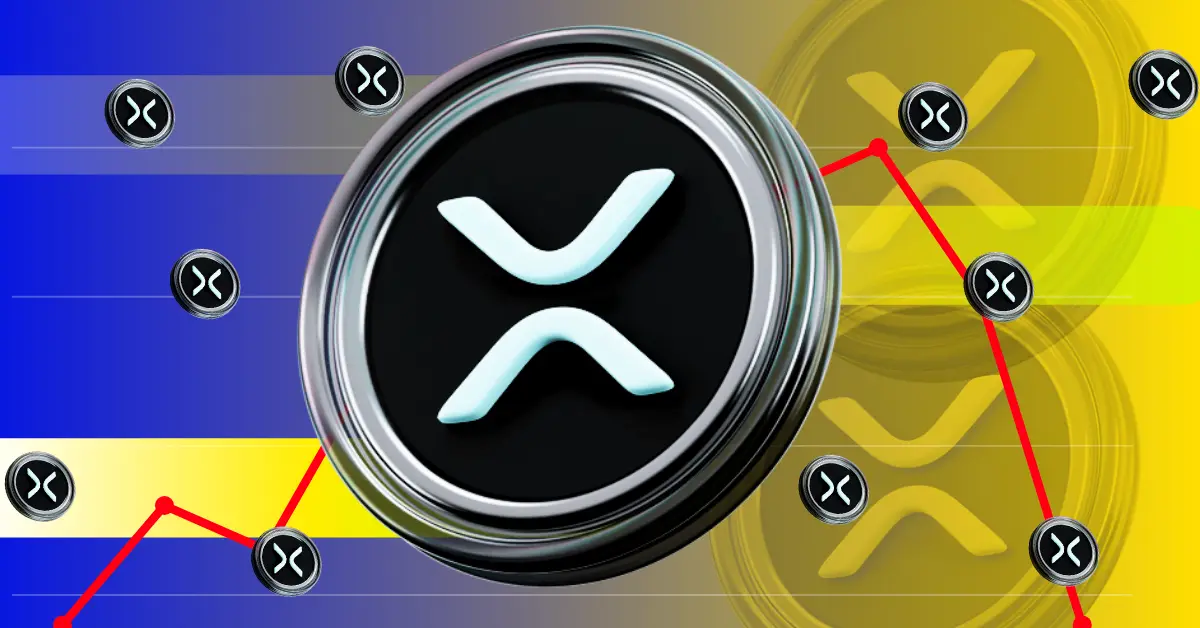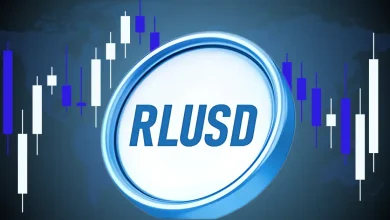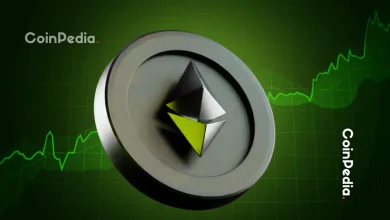
XRP Ledger’s June upgrade introduces XLS-80, enabling native compliance and permissioned domains for institutional use.
Unlike Ethereum's off-chain KYC, XRPL’s XLS-80 offers on-chain compliance, aiming to streamline regulation-heavy DeFi participation.
The battle between XRP Ledger (XRPL) and Ethereum is heating up, especially as XRPL gears up for a major upgrade in June. The spotlight is on XLS-80, a powerful new feature focused on permissioned domains and built-in compliance, aimed squarely at institutional adoption.
With this, the crypto community is asking a big question — can XRPL finally outshine Ethereum’s off-chain compliance systems?
What Is XLS-80 and Why It Matters
XLS-80 is a proposed feature upgrade that brings native compliance capabilities directly to the XRP Ledger. The biggest game-changer? It introduces permissioned domains, allowing regulated institutions to operate on-chain with minimal friction.
This could simplify compliance requirements, making it easier for financial institutions to adopt blockchain technology without relying on external solutions.
Why Native Compliance Sets XRPL Apart
Ethereum has long dominated the DeFi landscape but relies heavily on off-chain compliance tools, such as third-party KYC integrations and gated smart contracts.
In contrast, XRP community member WrathofKahneman pointed out that XLS-80 could change the game by keeping everything on-chain. This offers institutions greater transparency, reduced risk, and easier auditing, making XRPL a more seamless fit for compliance-heavy environments.
“Permissioned DeFi apps like Aave Arc require separate contracts or private pools gated by external KYC lists. XLS-80 being native could reduce the friction for organizations to operate there.”
How Permissioned AMMs Will Work, Explained by Ripple’s CTO
David Schwartz, CTO of Ripple, broke down how permissioned AMMs will function under XLS-80. Only users from approved domains will be able to provide liquidity in these pools. If someone is removed from a domain, they must sell their liquidity provider tokens (LP tokens) on the open market.
These tokens won’t represent ownership of XRPL liquidity — only claims within that specific permissioned domain. This ensures strict control without compromising the integrity of the broader XRPL ecosystem.
XRPL’s June Upgrade: A Turning Point?
With version 2.5.0 of XRPL set to launch in June, the upgrade could tip the balance in XRPL’s favor — particularly in the regulated finance space. Many believe this is a pivotal move that could see XRPL outpace Ethereum and even Solana in institutional adoption.
Final Take
While Ethereum still leads in overall DeFi usage, XRPL’s XLS-80 feature could mark a major shift in how regulated entities approach blockchain technology. By building compliance into the chain itself, XRPL might just have the edge needed to lead the next wave of institutional blockchain adoption.
Never Miss a Beat in the Crypto World!
Stay ahead with breaking news, expert analysis, and real-time updates on the latest trends in Bitcoin, altcoins, DeFi, NFTs, and more.
Trust with CoinPedia:
CoinPedia has been delivering accurate and timely cryptocurrency and blockchain updates since 2017. All content is created by our expert panel of analysts and journalists, following strict Editorial Guidelines based on E-E-A-T (Experience, Expertise, Authoritativeness, Trustworthiness). Every article is fact-checked against reputable sources to ensure accuracy, transparency, and reliability. Our review policy guarantees unbiased evaluations when recommending exchanges, platforms, or tools. We strive to provide timely updates about everything crypto & blockchain, right from startups to industry majors.
Investment Disclaimer:
All opinions and insights shared represent the author's own views on current market conditions. Please do your own research before making investment decisions. Neither the writer nor the publication assumes responsibility for your financial choices.
Sponsored and Advertisements:
Sponsored content and affiliate links may appear on our site. Advertisements are marked clearly, and our editorial content remains entirely independent from our ad partners.








